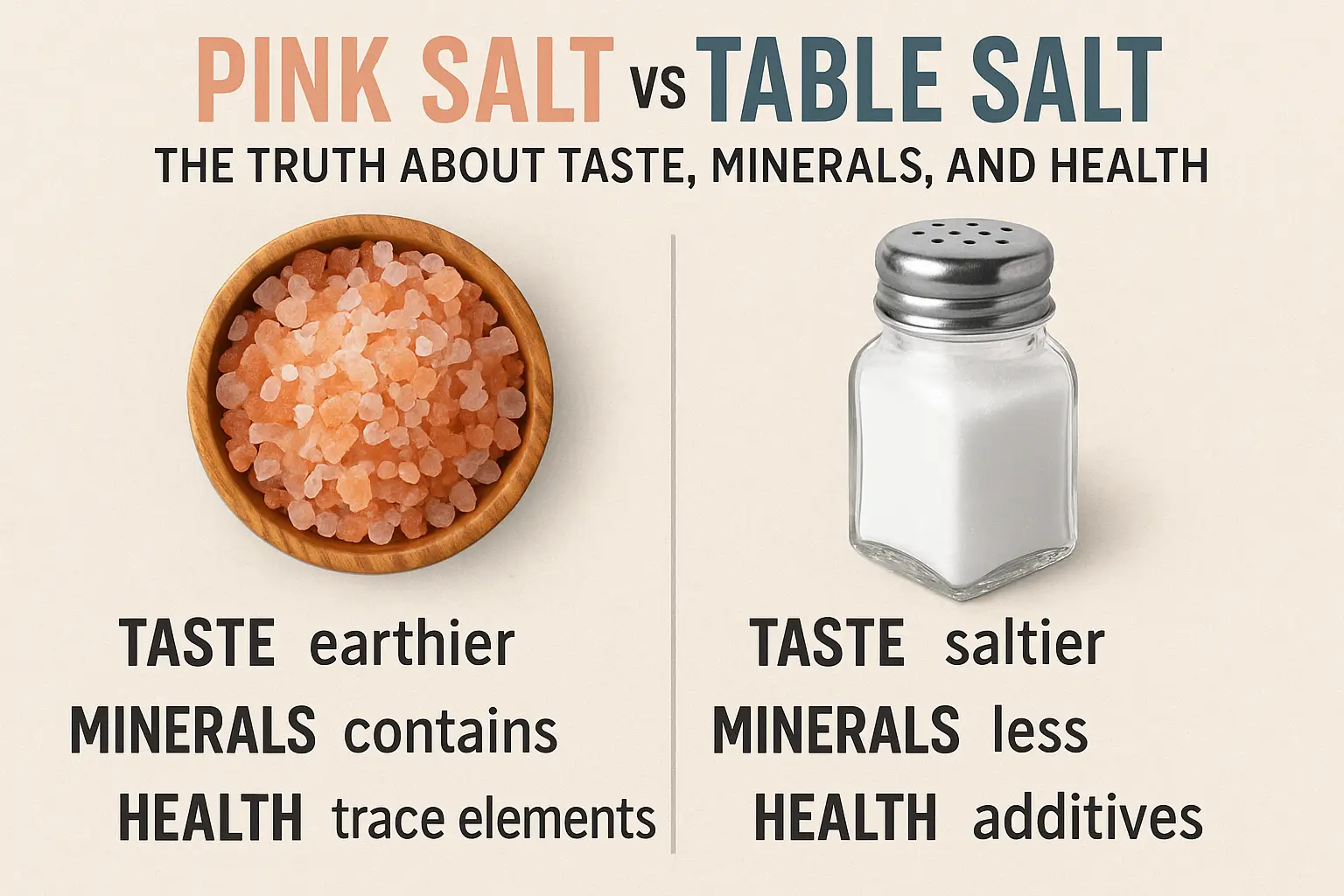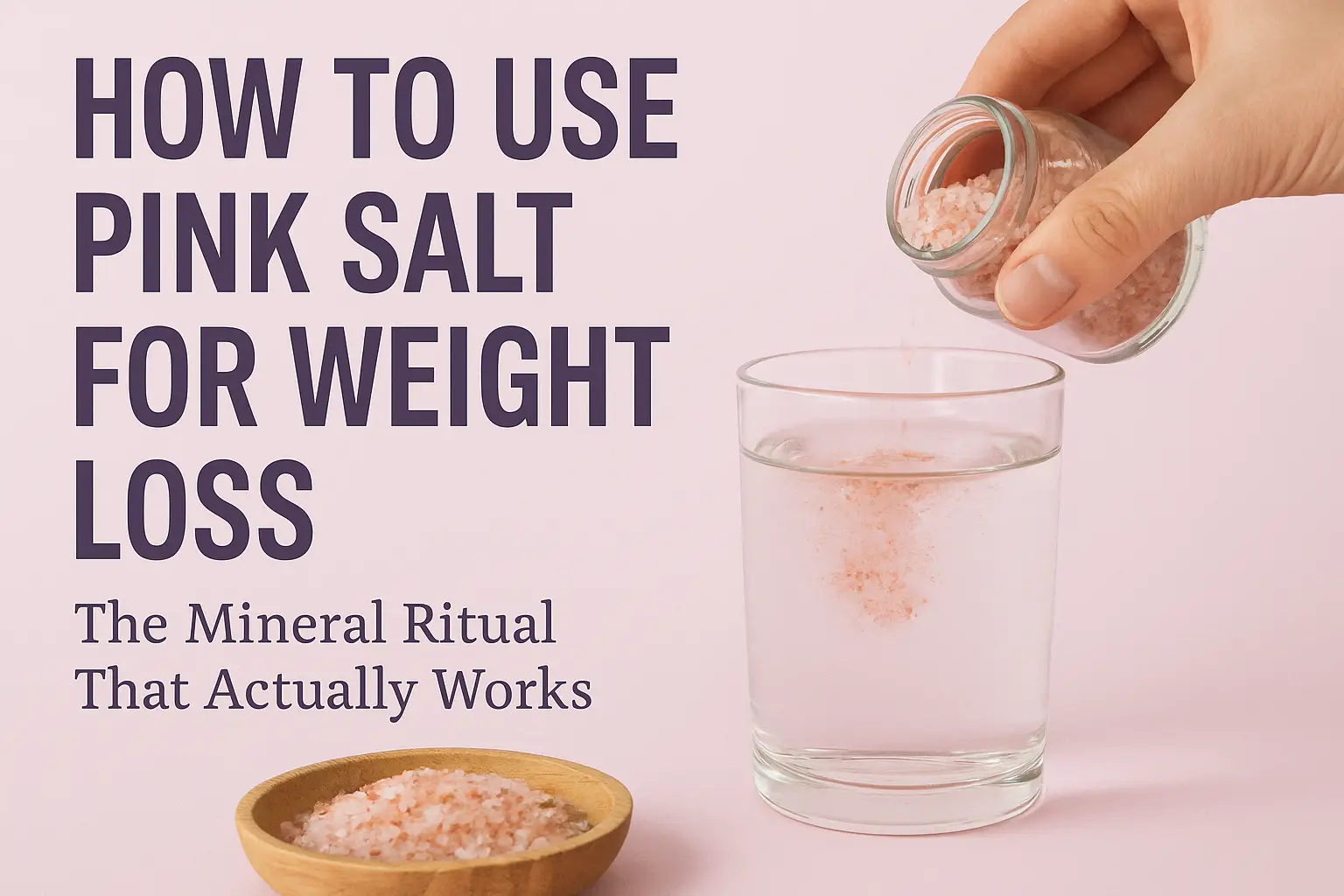Homemade antibiotics are not a modern invention—they are a revival. Long before pills and pharmacies, people leaned on nature’s pantry to defend against infection. The secret wasn’t superstition; it was observation. Certain herbs, roots, and foods slowed decay, soothed wounds, and helped the body recover faster. Today, with antibiotic resistance on the rise, revisiting these humble recipes offers both prevention and empowerment.
- 1. Garlic and Honey Syrup: The Classic Natural Antibiotic
- 2. Ginger‑Turmeric Immune Shot
- 3. Apple Cider Vinegar Fire Tonic
- 4. Onion and Honey Cough Syrup
- 5. Herbal Steam Inhalation for Congestion
- 6. Oregano Oil and Olive‑Leaf Tincture
- 7. Golden Milk Night Drink
- How Homemade Antibiotics Work with Your Body
- Safety, Shelf Life, and Common Mistakes
- Integrating Nature’s Pharmacy into Modern Life
- FAQs
1. Garlic and Honey Syrup: The Classic Natural Antibiotic
Garlic contains allicin, a compound proven to inhibit bacteria like Staphylococcus aureus and E. coli. Combined with raw honey’s peroxide and enzyme activity, it becomes a potent ally for throat and sinus infections.
- Peel and crush 10 cloves of garlic.
- Mix with one cup of raw honey in a glass jar.
- Let infuse for 3–5 days, stirring daily.
Take 1 teaspoon daily during cold season. The flavor is strong—but so is the protection.
2. Ginger‑Turmeric Immune Shot
This golden tonic fights inflammation and bacterial overgrowth. Ginger warms the system and boosts circulation; turmeric supplies curcumin, a powerful antimicrobial and antioxidant.
- 1 thumb fresh ginger
- 1 thumb fresh turmeric
- Juice of one lemon
- 1 tablespoon honey
- A pinch of black pepper (improves curcumin absorption)
Blend all ingredients with half a cup of water and strain. Sip slowly once daily. The effect is both energizing and protective.
3. Apple Cider Vinegar Fire Tonic
This traditional folk remedy—also known as “fire cider”—is a vinegar infusion of antimicrobial herbs and roots. It stimulates circulation and clears congestion.
- Equal parts chopped onion, garlic, horseradish, and ginger
- Fresh cayenne or jalapeño for heat
- Cover with raw apple cider vinegar in a sealed jar
- Infuse 2–4 weeks, shaking daily
Strain and sweeten with honey. Take 1 tablespoon daily or dilute in warm water. It’s fire and focus in one bottle.
4. Onion and Honey Cough Syrup
Onion, often overlooked, is a gentle yet effective antimicrobial rich in sulfur compounds. Paired with honey, it becomes a comforting syrup for colds and coughs.
- Layer thinly sliced onions and honey in a jar.
- Let rest for 6–8 hours until a syrup forms.
Take one teaspoon every few hours to soothe the throat and support recovery. Safe even for children over one year.
5. Herbal Steam Inhalation for Congestion
Steam opens airways, while antibacterial herbs deliver vaporized medicine directly to respiratory passages. Use this blend to clear infections naturally.
- Boil water with thyme, eucalyptus leaves, and chamomile.
- Pour into a bowl, cover your head with a towel, and inhale for 5–7 minutes.
Add a drop of tea tree oil for an extra antimicrobial boost—but close your eyes to avoid irritation.
6. Oregano Oil and Olive‑Leaf Tincture
Oregano oil contains carvacrol and thymol—natural compounds effective against resistant bacteria. Olive leaf extract contributes oleuropein, a broad‑spectrum antimicrobial.
For home use, dilute 1 drop oregano essential oil in a teaspoon of olive oil. For tinctures, combine dried oregano and olive leaves with vodka or apple‑cider vinegar; steep 3 weeks, strain, and use 1 dropper daily.
7. Golden Milk Night Drink
A warm blend of turmeric, honey, cinnamon, and milk soothes both the immune and nervous systems. It’s not a direct antibiotic, but it promotes recovery by reducing inflammation and helping you rest—nature’s best healer.
- 1 cup milk (dairy or plant‑based)
- ½ teaspoon turmeric powder
- ¼ teaspoon cinnamon
- 1 teaspoon honey
Warm gently and sip before bed. Healing tastes best when it’s comforting.
How Homemade Antibiotics Work with Your Body
Unlike pharmaceuticals that target specific bacteria, natural antibiotics support the body’s defenses. Many act as bacteriostatic—they slow bacterial growth while immune cells finish the job. They also nourish the microbiome, reducing collateral damage to gut flora.

Herbal combinations such as garlic‑ginger‑honey or turmeric‑pepper have synergistic effects, meaning their compounds enhance each other’s absorption and potency. It’s a lesson from nature: teamwork heals.
Safety, Shelf Life, and Common Mistakes
Homemade doesn’t mean hazard‑free. Always use clean glass jars, label dates, and refrigerate syrups after opening. Vinegar and honey preserve naturally, but fresh juices spoil quickly. Discard at any sign of mold or fizzing. Avoid giving honey‑based remedies to infants under one year.
And remember—natural remedies work best for prevention or early symptoms. Persistent fever, spreading redness, or deep pain require professional care. Use herbs to empower, not to delay help.
Integrating Nature’s Pharmacy into Modern Life
Creating your own remedies rekindles connection—with plants, with seasons, and with self‑reliance. It turns the kitchen into a small apothecary, where you learn the language of roots and leaves. Each recipe carries the wisdom of countless ancestors who trusted nature not out of ignorance, but out of understanding.
Use these preparations as part of a balanced lifestyle: nutritious food, enough sleep, moderate exercise, and gratitude. Healing is rarely instant—but it’s often within reach.
FAQs
Do homemade antibiotics really work?
Many natural ingredients like garlic, honey, and oregano show verified antibacterial activity. They support mild infections and immunity but aren’t substitutes for medical antibiotics.
How long can I store these remedies?
Honey or vinegar‑based formulas last up to 3 months in cool storage. Fresh juices should be refrigerated and used within a week.
Can children use these recipes?
Yes, except for honey‑based ones under age one. Always use smaller doses and consult pediatricians if unsure.
Which herbs are strongest against bacteria?
Garlic, oregano, thyme, clove, and cinnamon rank among the most potent natural antibacterials.
Can I mix multiple remedies?
Yes, but avoid over‑stacking similar strong herbs like oregano and clove together—they can irritate the stomach.
What’s the safest daily immune tonic?
Ginger‑turmeric shots or golden milk are gentle enough for daily use.
How can I make these taste better?
Balance strong herbs with citrus, honey, or cinnamon to soften sharp flavors.
When should I see a doctor?
If symptoms worsen after 2–3 days or include fever, severe pain, or swelling, seek medical care immediately.
These humble recipes remind us: the cure is often closer than we think—growing in gardens, stored in jars, and waiting for our attention.
If this spoke to you, you’ll love the full information in this book; begin your deeper reading → See the book on Mayobook.










